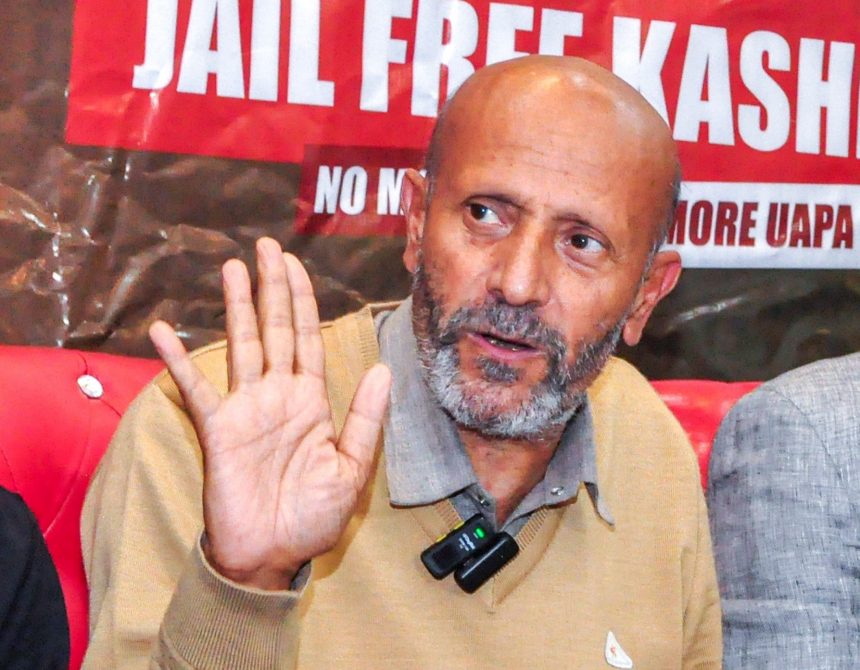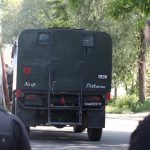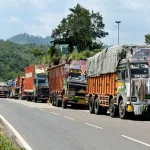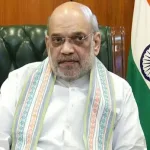The Delhi High Court on Thursday issued a notice to the National Investigation Agency (NIA) regarding a regular bail plea filed by Sheikh Abdul Rashid, popularly known as Engineer Rashid, the Member of Parliament from Baramulla.
Rashid is currently incarcerated in Tihar Jail in connection with a terror funding case. He was arrested by the NIA under the Unlawful Activities (Prevention) Act for his alleged involvement in the 2017 terror funding case. He has now challenged the trial court’s March 21 order, which rejected his bail plea.
Additionally, Rashid has contested the charges framed against him in a second appeal. During the proceedings, the NIA’s counsel pointed out a delay of 1,104 days in filing the appeal and argued that, as per legal provisions, delays beyond 90 days cannot be condoned.
However, Rashid’s legal representatives, Advocates Aditya Wadhwa and Vikhyat Oberoi, contended that the delay would be justified and that the 90-day limit under the statute should not be considered rigid, especially when the case pertains to an individual’s life and liberty.
Acknowledging these arguments, the court issued a notice regarding the condonation application and scheduled the matter for hearing on July 29, 2025.
Rashid was arrested in August 2019 under the Unlawful Activities (Prevention) Act (UAPA). While in custody, he filed his nomination for the 2024 parliamentary elections from jail and secured victory by a margin of 204,000 votes, defeating former Jammu and Kashmir Chief Minister Omar Abdullah.
In 2022, the NIA Court at Patiala House ordered charges to be framed against Rashid and several other prominent figures, including Hafiz Saeed, Syed Salahuddin, Yasin Malik, Shabbir Shah, Masrat Alam, Zahoor Ahmed Watali, Bitta Karate, Aftab Ahmed Shah, Avtar Ahmed Shah, Naeem Khan, and Bashir Ahmed Butt (also known as Peer Saifullah). The charges stem from an investigation into terror financing in Jammu and Kashmir.
The NIA alleges that various militant groups, including Lashkar-e-Taiba, Hizbul Mujahideen, Jaish-e-Mohammed, and the Jammu and Kashmir Liberation Front (JKLF), collaborated with Pakistan’s intelligence agency, ISI, to orchestrate attacks targeting civilians and security forces in the region.
According to the investigation, the All Party Hurriyat Conference (APHC) was formed in 1993 to advance separatist activities, with financial support allegedly funnelled through hawala and other clandestine channels.
The agency claims that Hafiz Saeed and Hurriyat leaders used these funds to incite unrest in Jammu and Kashmir–allegedly orchestrating attacks on security forces, instigating violent protests, burning schools, and damaging public property.
The NIA contends that these actions were aimed at destabilising the region and fostering terrorism under the guise of political resistance. (ANI)








